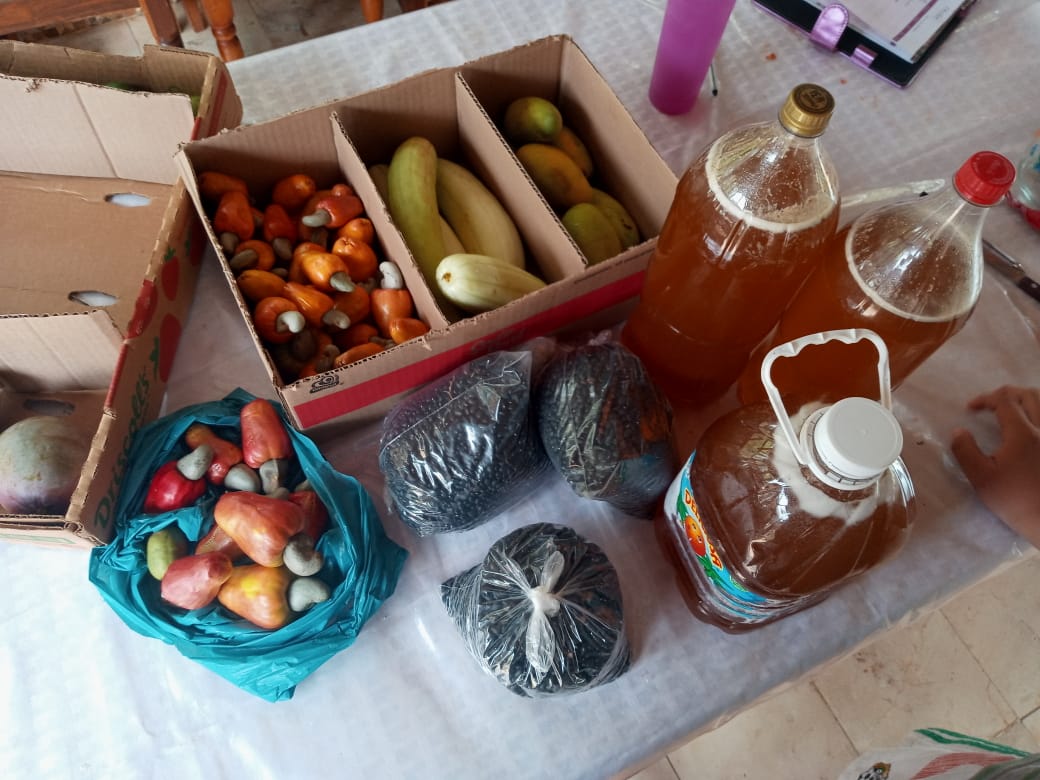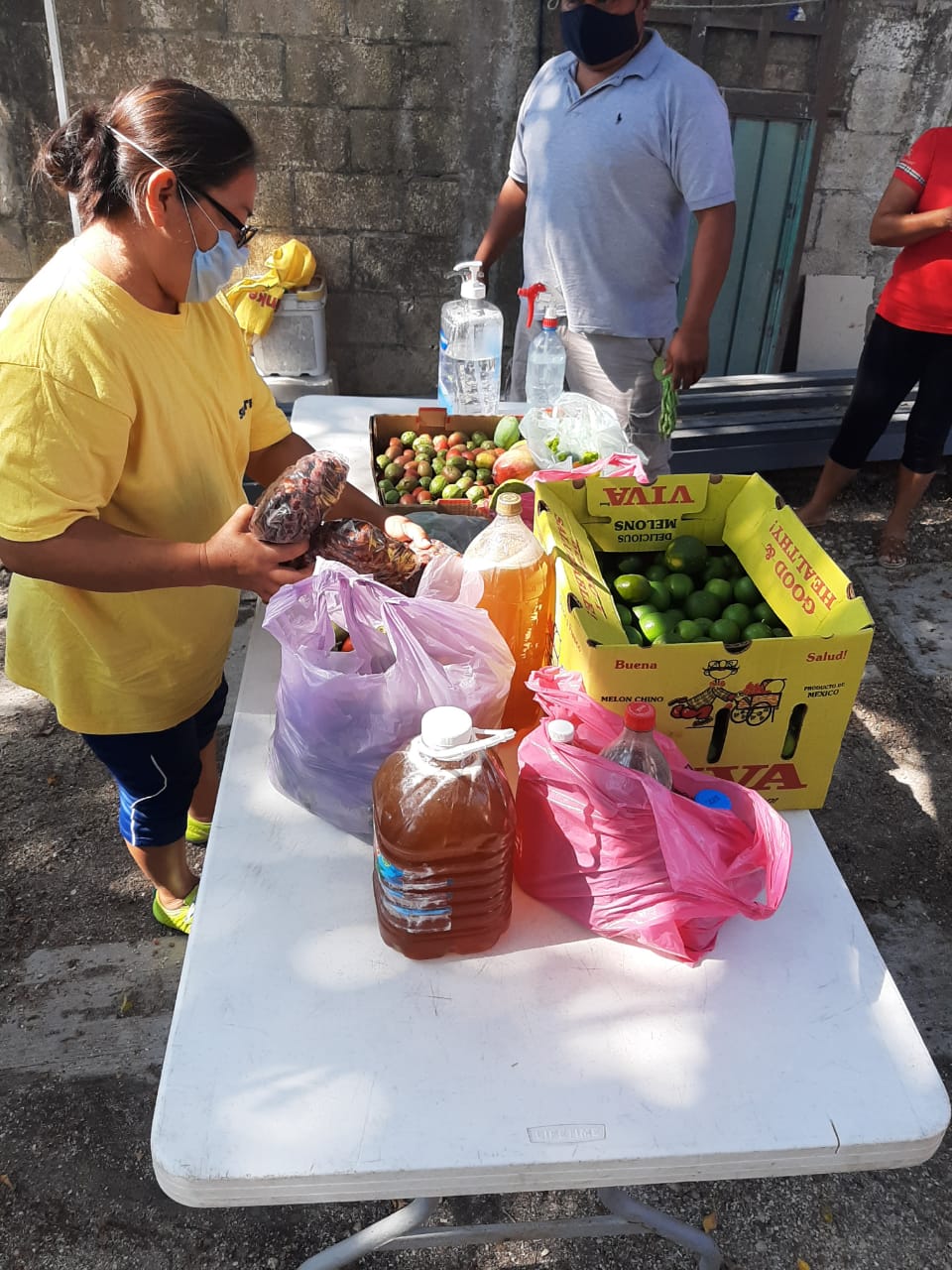ISLA AGUADA, Campeche (Times Media Mexico) – In one part of rural Campeche, a pick-up truck drops off corn, whilst an hour north-east a refrigerated lorry deposits a truck-load of fish. These two seemingly unconnected events have little in common bar the fact that they are linked by the simple and yet pre-Covid highly unusual fact that the deliveries are organised by a system of rural exchange, or barter, whereby cash-strapped communities have organised themselves into product swaps for sustenance.

Photo: Sébastien Proust Coordinador nacional del programa de pequeñas donaciones del FMAM
Structured around three existing cooperatives – Isla de Pájaros S.C., Isla Valor S.C., and Los Reyecitos S.C – and which prior to the pandemic had based their economies largely on tourism, local and national – the initiative has seen a renewed level of community cooperation across sectors in response to their income having fallen off a cliff since early March.
In Miguel Colorado, perhaps the best known of the settlements due to their famous cenote in the region of Escárcega, community leader Doña Esther Canul and local villagers harvested lemons, honey, mango, tamarind, beans, and cashews, whilst to the southwest in Isla Aguada fishermen gathered their regular catch for transport, including shrimp, chac-chi and horse mackerel. “It’s been a great experience,” explains Doña Esther, “I’m so grateful, and I really hope we can repeat the exchange. Even though many of our own people didn’t think this was possible, today we are showing that cooperatives can organise themselves and generate a different economy.”

Photo: Sébastien Proust Coordinador nacional del programa de pequeñas donaciones del FMAM
The relationship between the cooperatives is not new, having been established a number of years ago in association with the Campeche Rural Tourism Council and the Peninsular Alliance for Community Tourism, but the economic crisis has forced a new level of collaboration among them. “It’s not just that it gives our communities access to sustenance products beyond what they produce themselves,” says Jesús Damas Marín, from the Isla Valor cooperative, “but also that we can obtain certain products such as the curative melipona honey which even in ordinary times would be largely outside of our purchasing potential.”

Photo: Sébastien Proust Coordinador nacional del programa de pequeñas donaciones del FMAM
The stark fact is that the Covid-19 landscape is changing systems everywhere, and where once a visiting kayaker might bring in tourism pesos to benefit the community of the likes of Isla Aguada, now the complete absence of these visitors makes it urgent and imperative that the communities rethink and reorder themselves in order to survive. Maybe the visitors will return soon, perhaps not, but the villagers are unable to wait, and in the meantime a structural reorder is taking place across the peninsula which may set a new high-water mark for the future, whatever that may bring.



